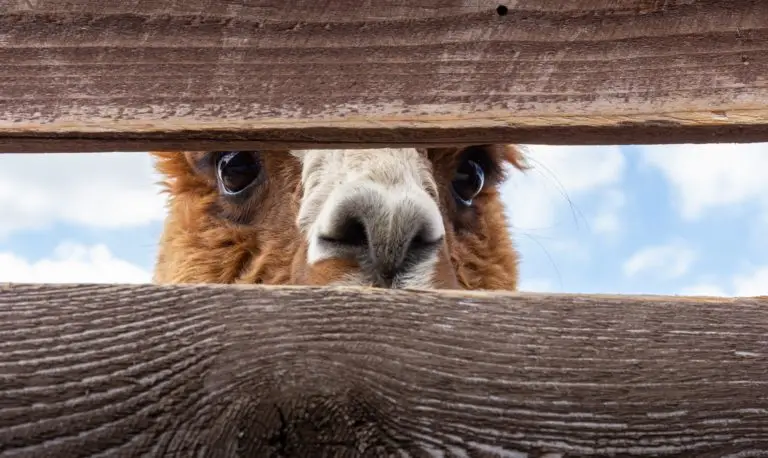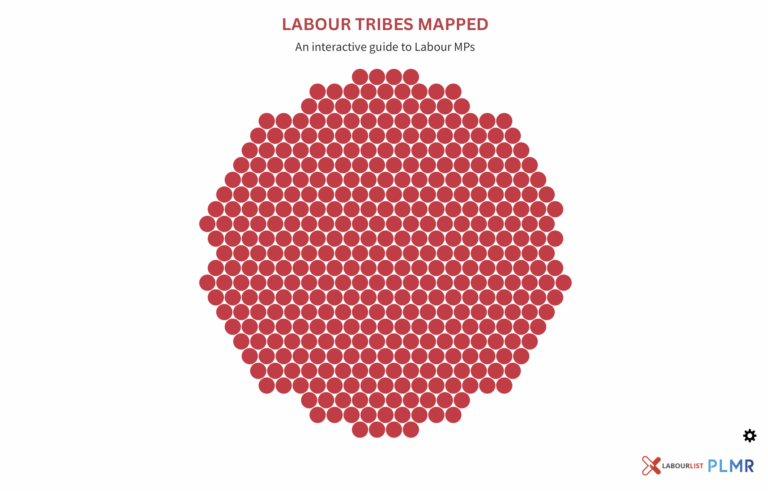August is typically known as ‘silly season’ in the media, when ‘weightier’ news is replaced by more light-hearted or frivolous stories. There are several reasons why this happens: Parliament is in recess, news editors are often on holiday, and the courts are on vacation, meaning that no trials or appeals are heard in the High Court, Court of Appeal or Supreme Court.
Geronimo – an ill-fated alpaca destined for execution after twice testing positive for bovine tuberculosis – is an interesting case study of the so-called ‘silly season’ phenomenon. While there are important and serious debates to be had on the situation, it feels unlikely that Geronimo would have made the front page of the Sun earlier this year. The story has now garnered so much attention that it is impossible to open Twitter without seeing a reference to the alpaca. Even the Leader of the Opposition Keir Starmer has been drawn into the furore, backing the Government’s decision to press on with its plans to execute Geronimo.
‘Silly season’ dates back to the 19th century, but social media (Twitter in particular) now means that both political commentators and the general public have the chance to weigh in instantly on controversial news stories. The effect of this is simple but powerful: a news story can snowball into a public debate fast.
We’ve seen this with several stories in the world of sport alone this year, from Millwall fans booing their players for kneeling in support of Black Lives Matter, to the suspension of England men’s cricketer Ollie Robinson for historic racist tweets. With the latter incident, online news meant that the Daily Mail could break the story while Robinson was still playing. Arguments on Twitter were taking place on how he should be punished before the player even knew that these tweets had surfaced.
Both these stories were seen as microcosms of broader societal issues, with the ensuing debates acting as clear examples of what are now known as the ‘culture wars’. The Sun has done something similar with Geronimo, framing his fate around bureaucracy versus common sense. Rod Liddle, columnist for the newspaper, has even referenced the ‘bureaucrat’s bullet’.
While it does look likely that the alpaca’s execution will go ahead, the ongoing story still demonstrates the true power of traditional newspaper campaigning. The Sun has been able to successfully start and drive a national debate around the fate of an alpaca – in the same way that the Telegraph has on online safety, the Sunday Times has on unsafe cladding, and the Mail on Sunday has on concussion in sport. The way we consume the news might have changed, but the power of old media to influence both the public and our politicians remains.




